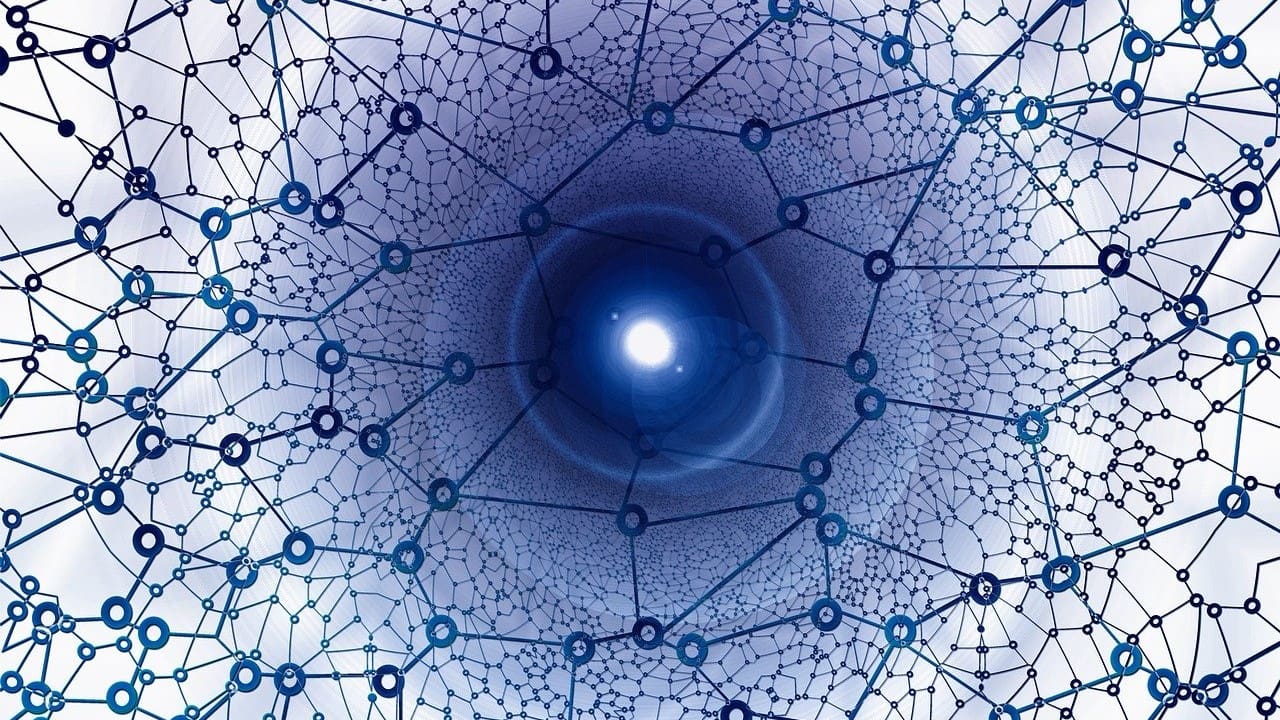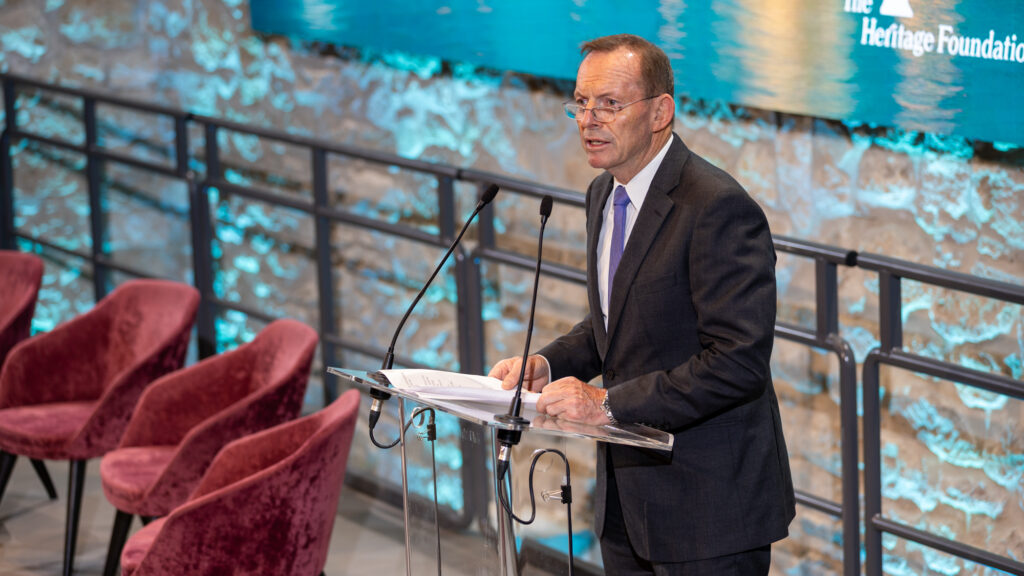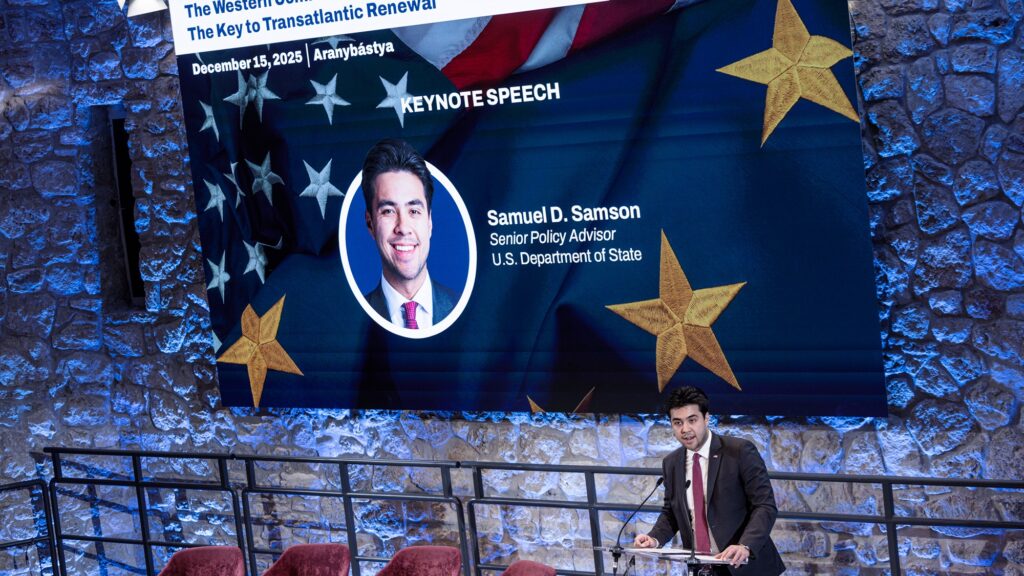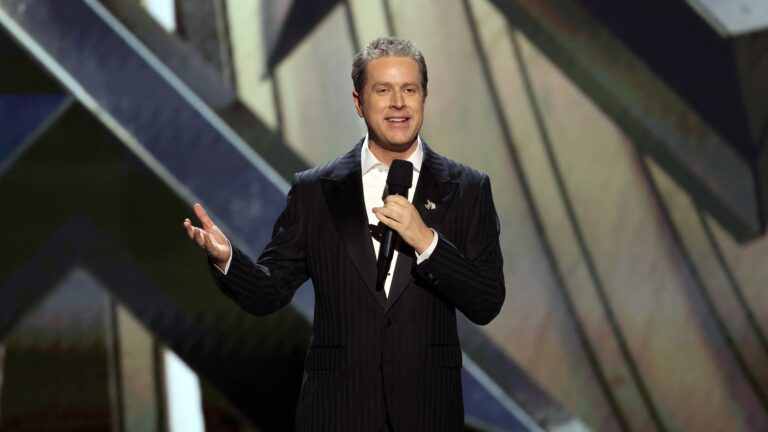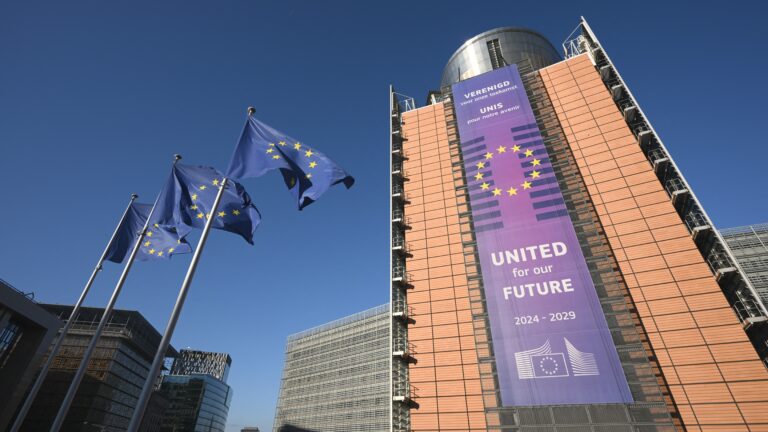Those of us on the conservative side share a contempt for global, transnational media corporations. Their universally held liberal values and their need to conform are just the most salient problems with these entities. Considering their enormous power, for sovereign states, the number one legal and social battle of our century is to keep the tech giants in check.
At the same time, it must be acknowledged that the world has become a powder keg, with regional wars threatening to escalate. What role can Meta, for example, play in the ‘sub-war’ of wars, the information warfare? How should we approach the fight for privacy in a war?
‘The best way to defeat an ideology is with a better ideology. And I believe democracy is a better ideology’, said George W. Bush. But Vladimir Putin, on the other hand, said that ‘there is no single, global model of democracy’. These are two contradictory quotes from two leaders, the latter of whom has since been waging open war not only against Ukraine but also—in both symbolic and real terms—against the Western world order. Since 2022, we have seen a battle of ideologies and worlds, and we have felt the weight and horror of it first-hand. The process is also known as the transformation of the world order. But is the existing status quo really being transformed and is a new one being created?
The answers to these questions are for someone else to provide at another time. What we can and should do is to interpret and analyse the potential reassessing of the role of Meta (Facebook and its subsidiaries) in a war. One might ask: is that role changing at all? In my opinion, it is. But how and to what extent?
I believe the current state of affairs has turned Facebook from a threat into an opportunity,
even if only temporarily. Most importantly, Facebook is a Western company, and we are a Western-style democracy. Facebook’s ideology is basically liberal democracy, as is ours—although the Hungarian Government takes issue with this and represents a version of it based on Christian, conservative values. The number one platform for this world and this set of values for the public is the Facebook universe: we are therefore allies; not good friends, but allies. We can still trust it to handle our data with more security than any of its Eastern alternatives, such as Yandex, VKontakte, or Weibo.
In a situation of war and world crisis, I still have more confidence in Meta than in other information sources. That doesn't make it any better or more reliable, but for the time being, unfortunately or not, it is the better choice. Also, strategically, let's not forget that desire for the West's honeypot will forever be attracting the citizens of authoritarian regimes to western platforms. Tens of millions, if not hundreds of millions of Russians, Arabs, Chinese, Brazilians use Western social media sites, legally or illegally.
The data of these users is a huge asset in an information war.
And as long as there is a war, we can expect and applaud that this information will be preserved by the most intrusive and secret algorithms, the same ones that we will criticize, condemn and seek to eliminate together in peacetime.
That said, the numerous concerns about social media platforms are still legitimate, and unfortunately, there does not yet seem to be a realistic solution that would protect freedom of expression and state sovereignty while still satisfying the tech giants' appetite for data.
Why so? There are particular difficulties in dealing with the subject itself, since it is only possible to examine it through the very forums we tend to scrutinize, which tend to conceal all negative information about them. What can be said, however, is Mark Zuckerberg’s Meta acts like a state in a state (just think of the grotesque institution of the Oversight Board or 'Facebook court'); is abuses our rights, and it is is collecting, and using our data unfairly, all of which can have a political impact. How? Consider this: there is an independent, free state with a democratic system and an elected government, but on the other hand, there is also a foreign giant that dominates a large part of citizens' media consumption, and it is impossible to control it within the framework of a nation state.
The situation is further complicated by information asymmetry. A state, government or political party could only dream of having so much information, so much publicity and so many people at its disposal. This raises fundamental questions about the legal security of the tech giants' operations: they know everything about everyone, in the strictest sense of the word, thanks to the mass of algorithms and data analysis. Our private conversations, our current problems, our issues, our concerns, our ideas, our interests are all an open book to them.
How could a democratic power constrained by a system of checks and balances compete with that?
However, given the global context mentioned above, I am also aware that in the current situation, as a small nation—which all powers usually want to weaken and influence—we must put the ideological battle against tech companies in the Western world aside, and continue to oppose only the explicit abuses. Unity and peace must be sought on all Western fronts, or we will fail.
The views expressed by our guest authors are theirs and do not necessarily represent the views of Hungarian Conservative.

